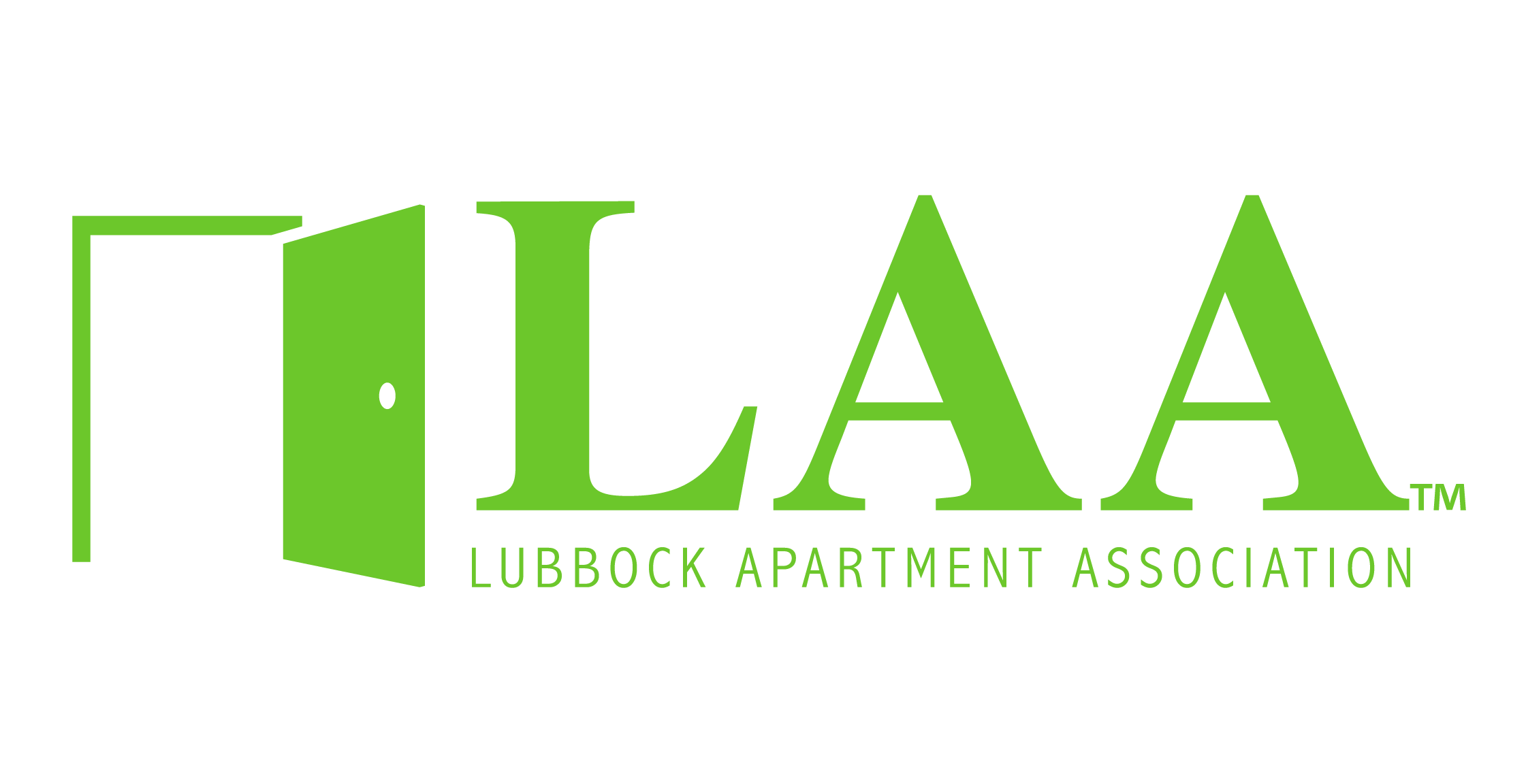Why Your Best Maintenance Tech Just Quit (And What to Do About It)

Mark gave his two weeks' notice on a Tuesday.
Sarah, property manager at The Oasis Apartments in Lubbock, wasn't surprised. Mark was her best guy—could diagnose a temperamental AC unit in minutes, residents asked for him by name, and he'd trained two new hires who eventually washed out. Now he was headed to commercial construction for $4 more per hour and no midnight emergency calls.
Mark wasn't unique. Across West Texas, construction booms are pulling skilled maintenance techs out of multifamily properties. Service companies are throwing money at experienced people. The old playbook of paying maintenance techs just enough to keep them around? Dead.
Here's what actually works to keep good people.
The Money Problem You Can't Ignore
Yes, you need to pay more. That construction company offering Mark $22/hour isn't going anywhere.
Do your homework. What are Class A and B properties in your market paying? Find that number, then add $1-2 per hour. The "but our budget" argument falls apart when you calculate replacement costs.
Replacing a skilled maintenance tech costs 50-200% of their annual salary in recruiting, training, reduced productivity, and overtime for remaining staff. For a $40,000/year tech, that's $20,000-80,000 to replace them. Suddenly that $2/hour raise looks cheap.
But here's what most properties miss: predictable income matters as much as hourly rate. Mark mentioned inconsistent hours during slow periods. One successful Lubbock property guarantees 40 hours weekly and pays $50 flat rate for weekend on-call, whether they get called or not. That stability keeps people.
Fix the Workload Before You Lose More People
Sarah's remaining tech, Carlos, was drowning. Their "skeleton crew" was creating more skeleton crew problems—overworked techs burn out and leave, making remaining techs more overworked.
Time for a maintenance audit. Sarah tracked every work order for three months: type, time spent, recurring issues. She discovered they needed 1.5 techs minimum, not the 2.5 they'd budgeted before ownership cut staffing.
The solution? Split responsibilities. Hire a dedicated make-ready specialist for apartment turns—painting, patching, basic repairs, cleaning. This person doesn't need full HVAC certification but can flip units fast. That frees your skilled tech for complex repairs and emergencies—work that actually requires expertise and feels meaningful.
Create Real Advancement Opportunities
"Senior Maintenance Technician" with no extra pay isn't advancement—it's a longer business card title.
Real advancement looks like:
Lead Tech: $2 more per hour, vendor coordination responsibilities, mentoring duties.
Maintenance Supervisor: Salary bump, actual supervisory authority, voice in operational decisions.
Cross-training: Shadow leasing agents, learn property accounting basics, understand asset management.
One Lubbock property promotes from within religiously. Their Assistant Manager started in maintenance. Their maintenance supervisor came from another property's tech role, drawn by the clear advancement path. People stay when they see a future, not just a paycheck.
Make the Job Less Frustrating
Good techs solve problems. They hate roadblocks—waiting days for $30 parts, working with broken tools, explaining obvious repairs to micromanaging managers.
Stock common parts. Replace broken equipment immediately. Nothing says "we don't value your work" like expecting techs to fix complex systems with dollar store tools.
Most importantly: trust their expertise. If your tech says a unit needs a new water heater, believe them. Constantly second-guessing, demanding photos of every repair, or making them "try fixing it again" drives professionals away faster than low pay.
The Real Cost Calculation
Upgrading your retention strategy costs $3,000-5,000 per tech annually—higher wages, better benefits, proper equipment.
The alternative? Replacement costs of $8,000-12,000 per good tech you lose. Recruiting, training, reduced productivity, overtime for remaining staff during vacancies.
Mark already knows his worth. Every skilled tech in West Texas does. The question isn't whether you can afford to invest in retention—it's whether you can afford not to.
The construction cranes aren't going anywhere. Neither are the service companies offering better deals. But properties that treat maintenance techs as skilled professionals instead of replaceable labor? They're keeping their best people.
That's the difference between constantly training new hires and building a maintenance team that actually knows your property inside and out.
1. What is the current average salary for maintenance technicians in Lubbock, TX?
As of 2025, maintenance technicians in Lubbock earn an average hourly wage of approximately $19.96, with reported salaries ranging from $13.47 to $29.58 per hour. However, specialized roles like HVAC maintenance technicians can command higher salaries, averaging around $58,733 annually.
2. How can I calculate the true cost of losing a maintenance technician?
Replacing a skilled maintenance technician can cost between 50% to 200% of their annual salary. This includes expenses related to recruitment, training, and lost productivity. For instance, replacing a technician earning $40,000 annually could cost between $20,000 and $80,000.
3. What are effective strategies to retain maintenance staff beyond salary increases?
Beyond competitive pay, consider:
-
Predictable Scheduling: Offer consistent work hours and compensate for on-call duties.
-
Career Advancement: Provide clear pathways for promotion and skill development.
-
Resource Availability: Ensure technicians have the necessary tools and parts readily available.
-
Empowerment: Trust technicians' assessments and decisions regarding maintenance issues.
Implementing these strategies can enhance job satisfaction and reduce turnover.
4. How does maintenance quality impact tenant retention?
High-quality and responsive maintenance services significantly influence tenant satisfaction. Properties that prioritize maintenance see higher lease renewal rates, as tenants value prompt and effective repairs.
5. What role does technology play in maintenance efficiency?
Utilizing maintenance management software can streamline work orders, schedule preventive maintenance, and improve communication. These tools enhance efficiency, reduce downtime, and contribute to higher tenant satisfaction.
